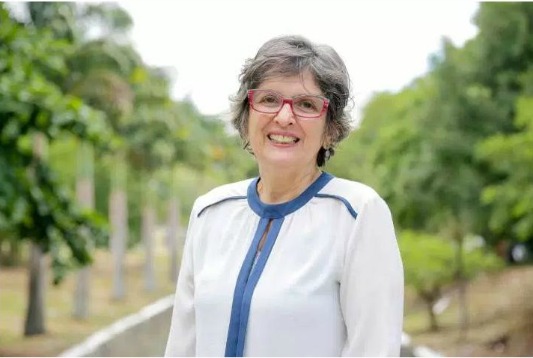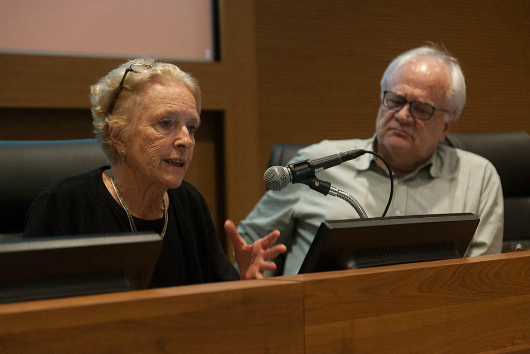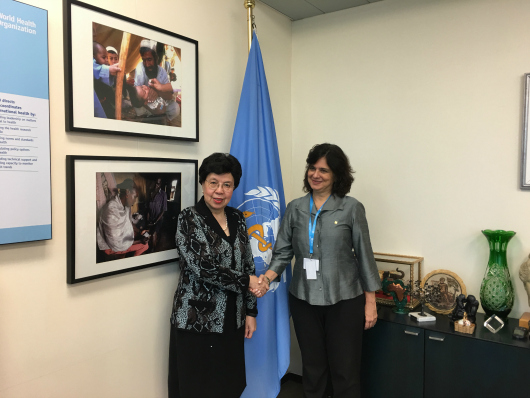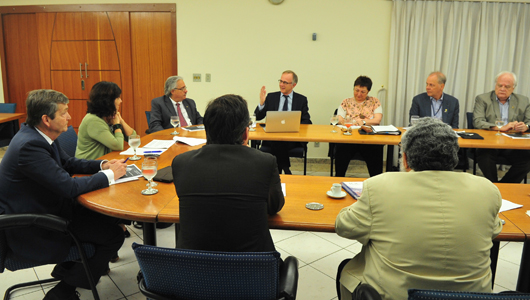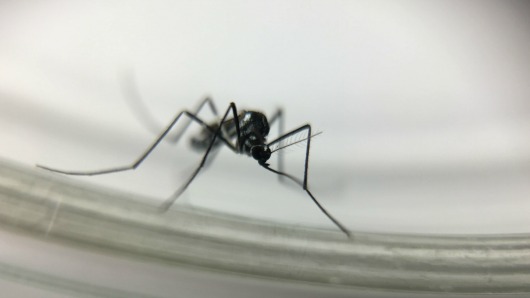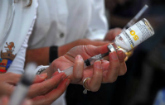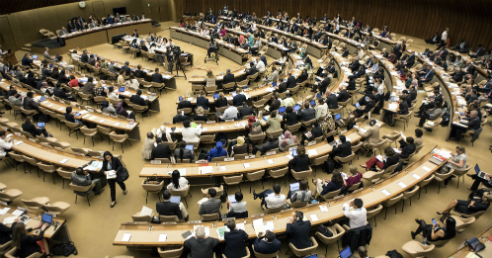
The zika virus infection, antimicrobial resistance (AMR), access to vaccines and medicines, and advances in the conduction of the 2030 Agenda, among other subjects, were addressed by the Foundation in several bilateral and multilateral forums and meetings at the 70th World Health Assembly in Geneve.
